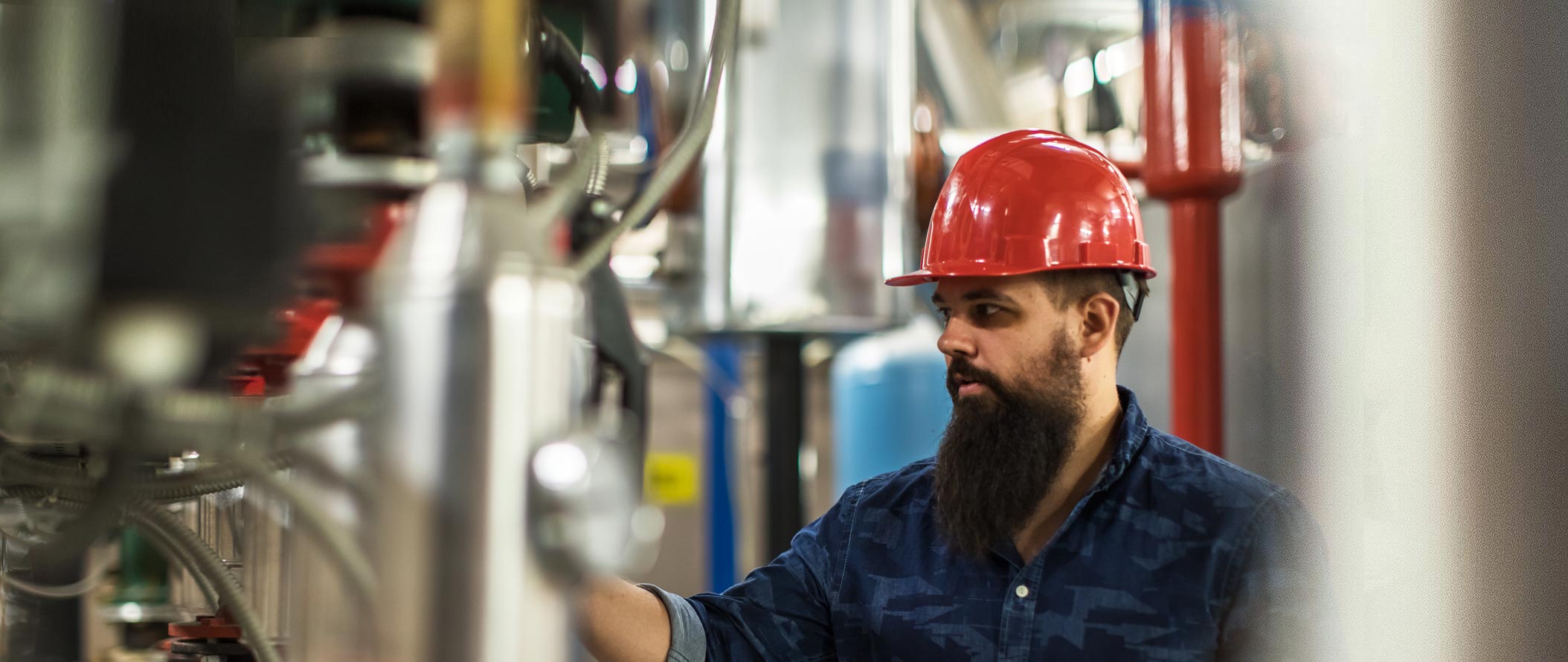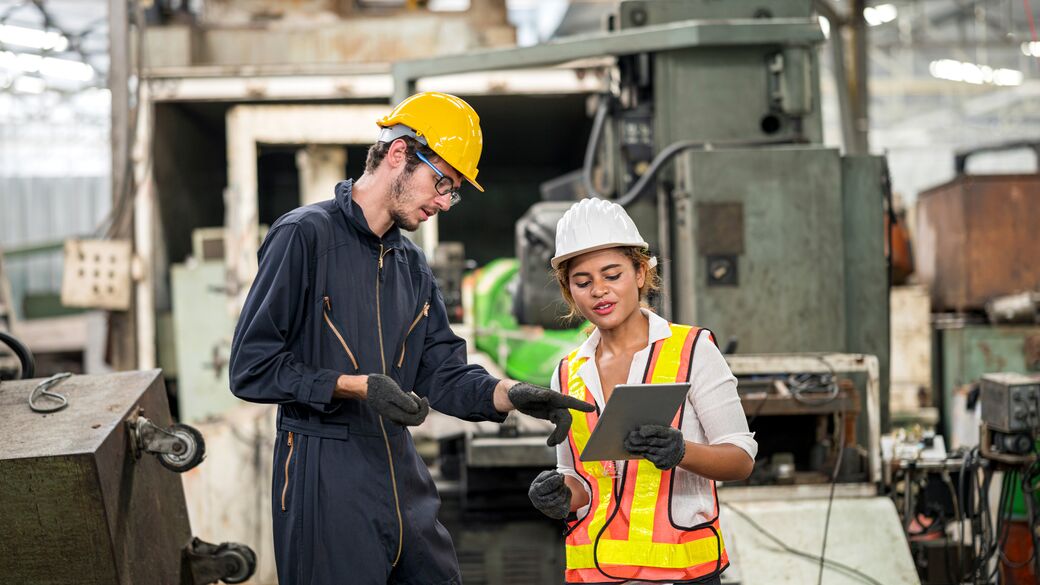Industry 4.0 is transforming your factory floor. It's also having a major impact on your recruiting. Artificial intelligence (AI) and the Internet of Things (IoT) now enable machines to assume tasks once done by humans.
AI is changing recruiting methods for most talent professionals, according to a survey by Korn Ferry Global. And 69% believe it helps them find more qualified candidates. In fact, AI is one of the four most important recruiting trends, according to LinkedIn's 2018 Global Recruiting Trends report. Seventy-six percent of hiring managers say its impact on the future of recruiting is significant.
As your factories become smarter, your recruiting methods will, too. Here are four ways Industry 4.0 will change the future of recruiting:
1. The Jobs and Skills You Need
Industry 4.0 is ushering in new jobs—jobs that need new skills your workers likely don't have. About 2.4 million manufacturing jobs could go unfilled by 2028 due to the skills gap, according to a recent study by The Manufacturing Institute and Deloitte.
According to the study, manufacturing executives are looking for people who have a computer, digital, programming, and critical thinking skills. The jobs that will need to be filled include production workers that can program and operate machines on the factory floor, supply chain workers, engineers, researchers, scientists, and operational managers.
Besides employees' skills, Industry 4.0 will also impact management traits. Business leaders will need soft skills like leadership, communication, collaboration, and time management, according to LinkedIn.
2. How You Recruit
AI can help you fill those new jobs by offering new recruitment technology. Tools can handle time-consuming tasks, so you can focus on hiring the right person for the job.
For example, AI systems can source and screen candidates by searching for important keywords on resumes. This will save you the time it takes to wade through applications. AI-powered analytics can even measure for culture fit. And chatbots can schedule interviews and check-in with candidates throughout the interview process.
3. Your Talent Pipeline
Industry 4.0 and its advanced technology make it an exciting time to work in a smart factory. According to an article by Deloitte and published in The Wall Street Journal, a “no-collar" workforce will replace white and blue as man and machine work together.
A “no-collar" workforce will replace white and blue as man and machine work together.
Robots will help humans be more productive, and humans will help robots work at peak performance. This new dynamic will change the types and number of people who are applying.
In the past, the manufacturing industry was known for having low-paying jobs and little chance for advancement. That's changed. As people learn about the growth and outlook for the industry, you can expect to see more people who want to work in smart factories. A survey by Kronos found that 67% of parents would encourage their children to learn more about career opportunities. And 47% would consider a manufacturing job for themselves.
AI can help you build your talent pipeline by finding and contacting passive candidates. Tools can review social media profiles like LinkedIn accounts and send customized messages to potential candidates to see if they're interested in a job.
4. How You Train Workers
An important focus for HR will be training and development. Technology is changing how that gets done, too. Learning management systems use AI to create micro-learning sessions to move employees through the curriculum. These tools will help you fix the skills gap.
Programs can be based on an employee's current skill level, attention span, and even personality. Engaging tools like these can make training more effective.
Moving Into the Future
Industry 4.0 isn't just changing companies—it's changing the future of recruiting. By transforming your hiring process, you and your employees will be part of the team that builds the future of the manufacturing industry.








